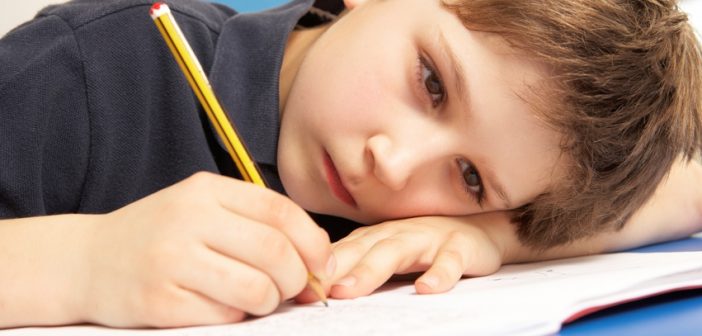What is Dyslexia?
Dyslexia is a neurological condition that affects approximately 10% of the population. The exact cause is unknown but it is believed that there is a strong hereditary link.
Meaning “difficulty with words”, dyslexia is characterised by difficulties with reading, spelling, writing and comprehension.
Interestingly, functional magnetic resonance imaging (fMRI) has shown that during literacy tasks, different areas of the brain are activated in a dyslexic person than a non-dyslexic.
The condition can range from mild to severe. People with dyslexia can also develop coping mechanisms that mask the extent of their difficulties.
It is a lifelong condition with no cure, however there are many therapies and supports that can help with dyslexia.
Dyslexia is often confused with related learning disabilities such as dysgraphia, dyscalculia and dyspraxia.

Signs of Dyslexia
Dyslexia is often associated with writing backwards or simply reversing letters. However, it is much more complex than that.
Often an early sign of dyslexia is poor phonological awareness, which children having problems decoding the sounds that go with letters. Trouble with rhymes is also an early indicator.
Here are some other signs:
- problems learning the names and sounds of letters
- spelling that is unpredictable and inconsistent
- putting letters and figures the wrong way round – such as writing “6” instead “9”, or “b” instead of “d”
- confusing the order of letters in words
- reading slowly or making errors when reading aloud
- struggling to learn sequences, such as days of the week or the alphabet
- slow writing speed
- poor handwriting
The SPELD website has a breakdown of what dyslexia looks like in children at different ages.
Diagnosing Dyslexia
A formal diagnosis of dyslexia can be given by a neuropsychologist or educational psychologist after specialised assessments. Schools may do a pre-assessment screen to identify relevant issues.
Treatments and Support for Dyslexia
Multisensory Structured Language (MSL) is a reading approach designed to help teach literacy skills to people with dyslexia. Therapists include speech pathologists, educational psychologists and specialist teachers.
Tutoring services are also offered by many dyslexia organisations around the country. See the resource list below.
The Understood website has some great strategies you can try at home with your dyslexic child. There are also an abundance of apps, web-based programs and online games available targeted to dyslexia.
A dyslexia child may benefit from taking exams at school orally rather than written and/or using special software.
Without intervention and support, a child with dyslexia may go on to have difficulties with academic performance and self-esteem.
Resources
Australian Dyslexia Association


3 Comments
Pingback: Could Your Child Have Dyscalculia? - School Mum
Pingback: Could An Occupational Therapist Help Your Child? - School Mum
Pingback: Could A Speech Pathologist Help Your Child? - School Mum